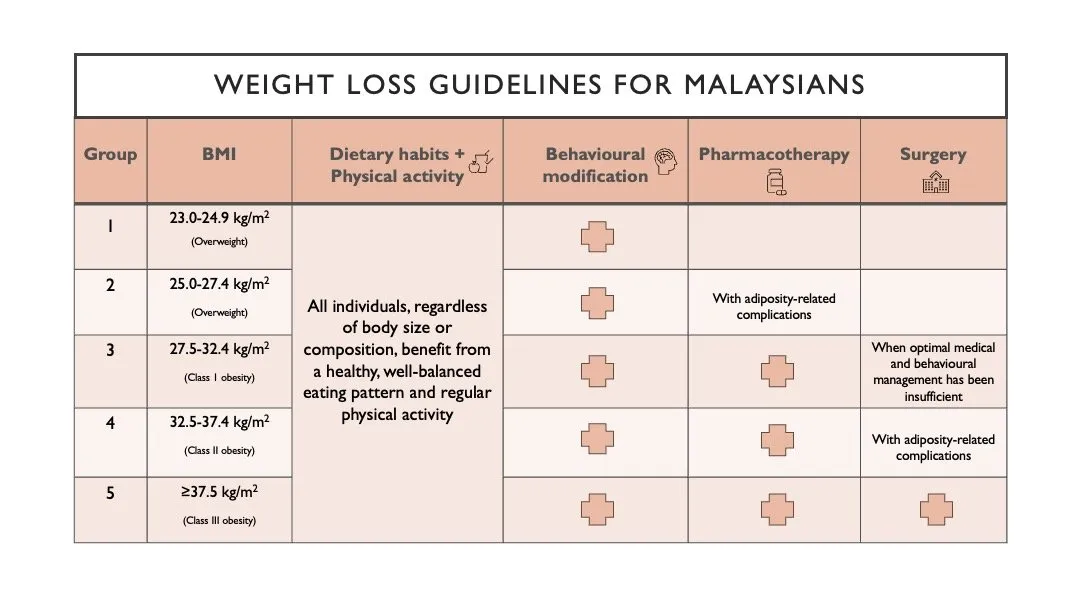Weight Management Pharmacotherapy
Weight management pharmacotherapy is an increasingly popular option for individuals struggling to achieve sustainable weight loss through diet and exercise alone. As obesity rates continue to rise globally, medical interventions—especially prescription medications—are becoming essential tools in comprehensive treatment plans.
In this guide, we’ll explore how pharmacotherapy works, who it’s for, and which medications are most effective, all backed by clinical evidence and professional medical insights.
What Is Weight Management Pharmacotherapy?

Weight management pharmacotherapy refers to the use of prescription medications to support weight loss and maintenance, usually in patients who are obese or overweight with related health conditions. These drugs work by altering hunger signals, slowing digestion, increasing metabolism, or reducing fat absorption.
It’s important to note that pharmacotherapy is not a standalone solution. It is most effective when combined with lifestyle modifications such as diet, exercise, and behavioral therapy under the guidance of healthcare professionals.
Who Is a Candidate for Pharmacotherapy?
Medical guidelines typically recommend pharmacotherapy for individuals who meet the following criteria:
BMI ≥ 30 (obese), or
BMI ≥ 27 (overweight) with at least one obesity-related comorbidity (e.g., type 2 diabetes, hypertension, sleep apnea)
Before initiating treatment, physicians evaluate the patient’s full medical history, current medications, and any contraindications to ensure safety and suitability.
How Do These Medications Work?
Weight loss drugs use various mechanisms, including:
Appetite Suppression – Targeting hunger centers in the brain to reduce calorie intake
Delayed Gastric Emptying – Making patients feel fuller longer (e.g., GLP-1 agonists)
Reduced Fat Absorption – Preventing the breakdown and absorption of dietary fats
Increased Satiety Hormones – Influencing hormones that regulate fullness
Each class of drug affects the central nervous system, gastrointestinal tract, or endocrine pathways differently, and a qualified doctor tailors treatment accordingly.
Common and Effective Medications for Weight Loss
Here are some of the most clinically proven and widely prescribed medications for weight management:
1. Semaglutide (Wegovy / Ozempic)
A GLP-1 receptor agonist that slows digestion and decreases appetite. Originally used for type 2 diabetes, semaglutide has shown significant weight loss (up to 15% body weight) in trials. Weekly injections are common.
2. Liraglutide (Saxenda)
Also a GLP-1 agonist, liraglutide is FDA-approved for weight management at higher doses than its diabetes-use counterpart. Daily injections are used for appetite control.
3. Phentermine-Topiramate (Qsymia)
A combination of a stimulant and anticonvulsant that suppresses appetite and increases energy expenditure. Generally used short-term due to side effects.
4. Orlistat (Xenical / Alli)
A lipase inhibitor that blocks fat absorption in the gut. Suitable for individuals with cardiovascular risk as it doesn’t affect appetite or heart rate.
5. Naltrexone-Bupropion (Contrave)
Targets brain reward centers linked to food cravings and addiction. Also used in managing depression or addiction-related eating behaviors.
Safety, Monitoring & Side Effects
Pharmacotherapy should always be prescribed and monitored by a healthcare professional. Common side effects include:
Nausea
Constipation or diarrhea
Headaches
Increased heart rate or blood pressure
Gastrointestinal discomfort (with orlistat)
Doctors often start with the lowest effective dose and adjust based on response and tolerance. Regular monitoring is essential to evaluate progress, adherence, and safety.
Combining Medication With Lifestyle Changes
For long-term success, pharmacotherapy must be part of a comprehensive weight management plan:
Nutritional guidance from a registered dietitian
Structured physical activity plans
Behavioral therapy or coaching
Ongoing follow-up appointments
Medications can jumpstart weight loss and help break metabolic plateaus, but habits sustain the results.
Frequently Asked Questions (FAQs)
1. How long do I need to take weight loss medication?
The duration depends on your health goals and how your body responds. Some may need long-term maintenance, while others taper off after reaching their target weight.
2. Are weight loss drugs safe?
Yes, when prescribed by a qualified physician. These drugs undergo clinical testing and are approved by regulatory authorities like the FDA. However, they’re not for everyone—screening is essential.
3. Can I buy these medications over the counter?
Most weight loss medications are prescription-only, especially those that alter hormones or brain chemistry. Over-the-counter options like orlistat (Alli) exist but are less potent.
4. Will I regain weight after stopping the medication?
Possibly, if lifestyle changes aren’t maintained. Medications help initiate weight loss, but long-term success requires consistent diet and behavior changes.
5. Is weight loss surgery better than pharmacotherapy?
It depends. For patients with severe obesity (BMI ≥ 40), surgery may offer faster and more durable outcomes. However, pharmacotherapy is ideal for those seeking non-invasive yet effective options.
Final Thoughts
Weight management pharmacotherapy offers clinically supported and individualized solutions for patients who struggle with obesity and related health risks. With multiple options now available—ranging from appetite suppressants to hormone-regulating injectables—medical professionals can create tailored plans that balance efficacy, safety, and sustainability.
If you’re considering medication as part of your weight loss journey, consult a licensed healthcare provider to determine the best path forward based on your needs and medical history.
Weight management pharmacotherapy is an effective weight loss strategy for individuals seeking medical weight management pharmacotherapy. Many patients turn to weight management pharmacotherapy when diet and exercise alone are not enough. With weight management pharmacotherapy, doctors can prescribe medications that support long-term weight goals. Choosing the right weight management pharmacotherapy can lead to better outcomes compared to other non-medical weight management options.



